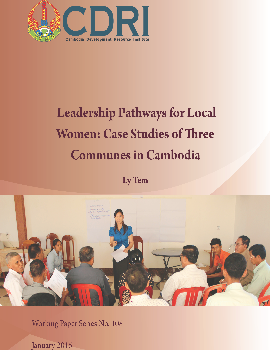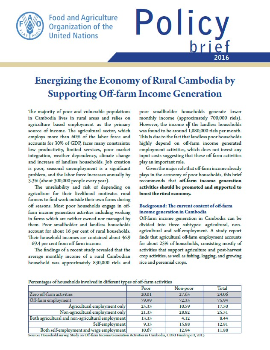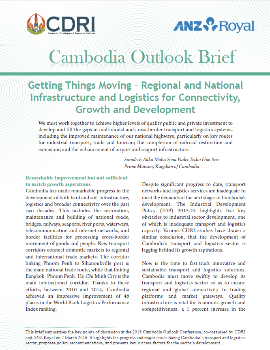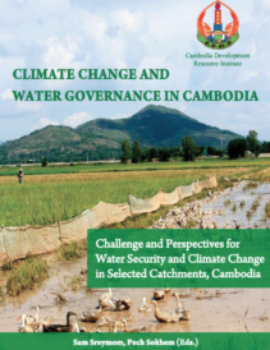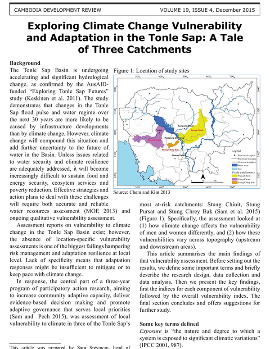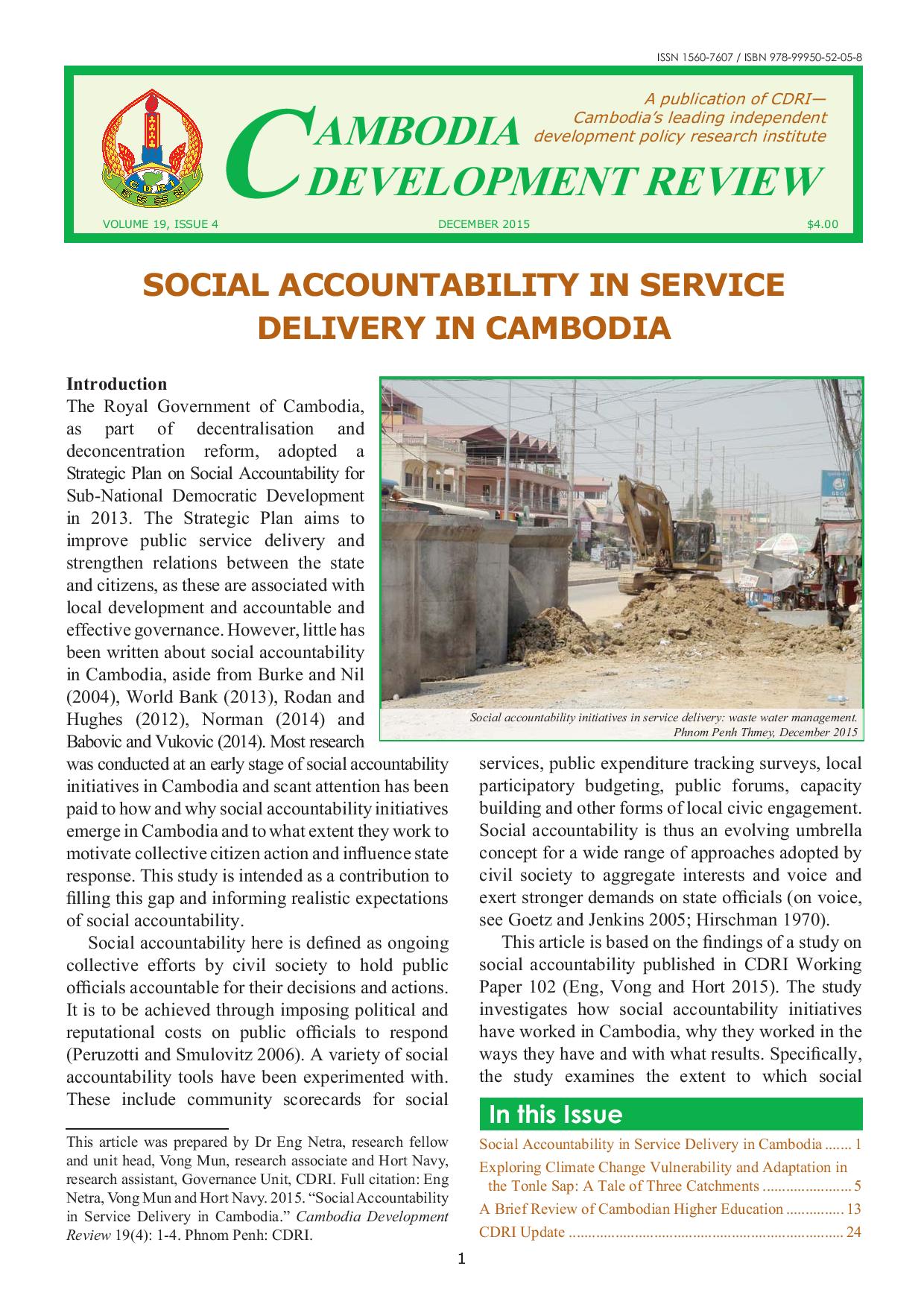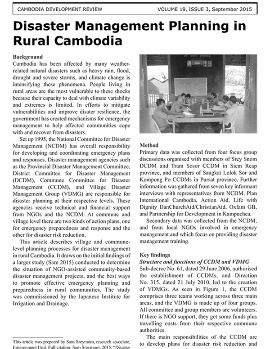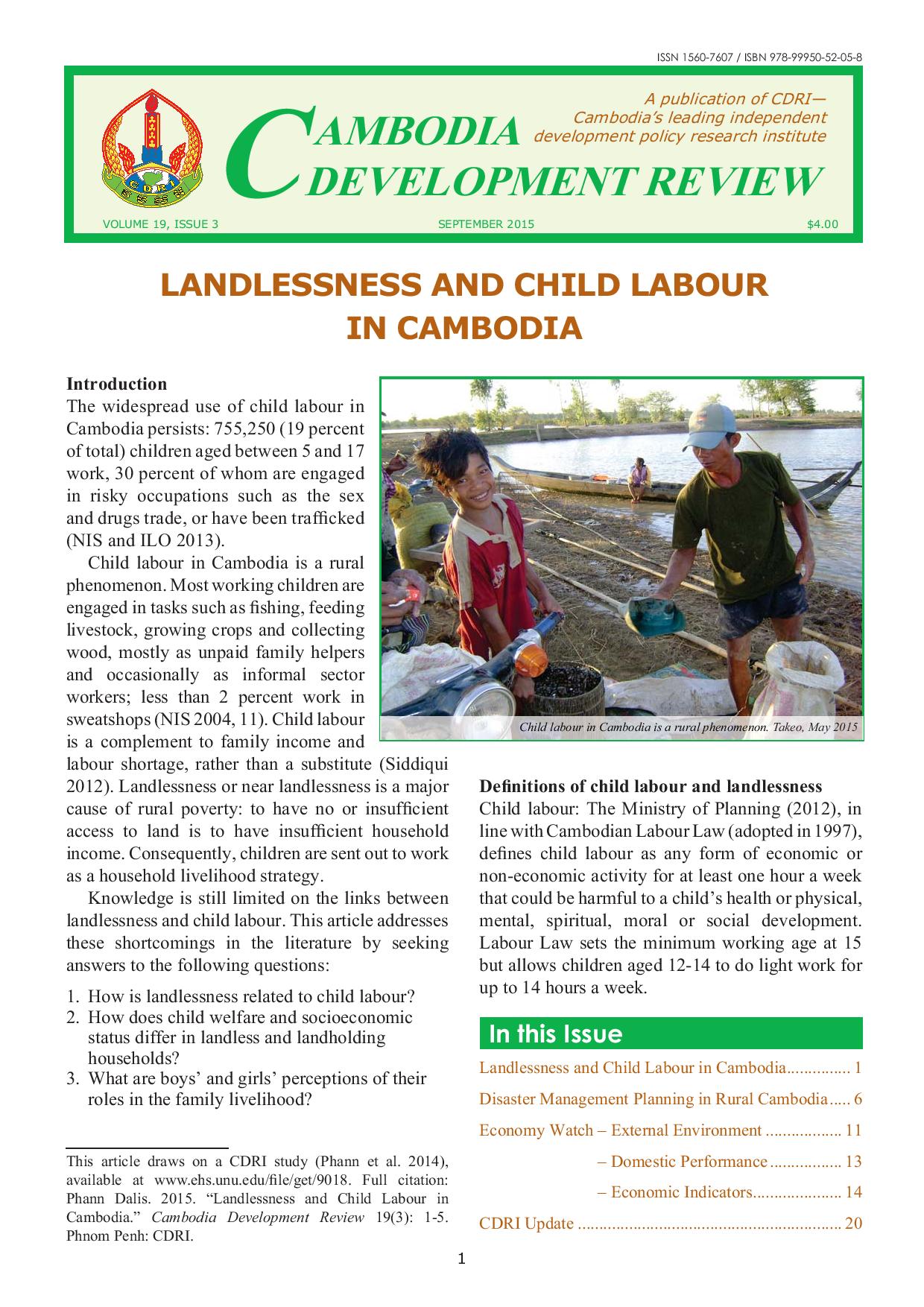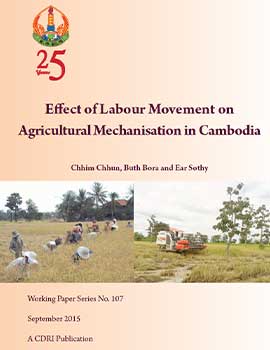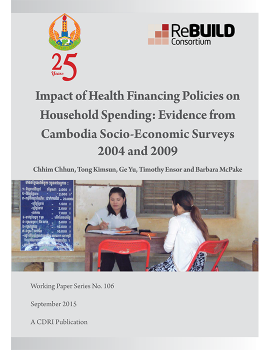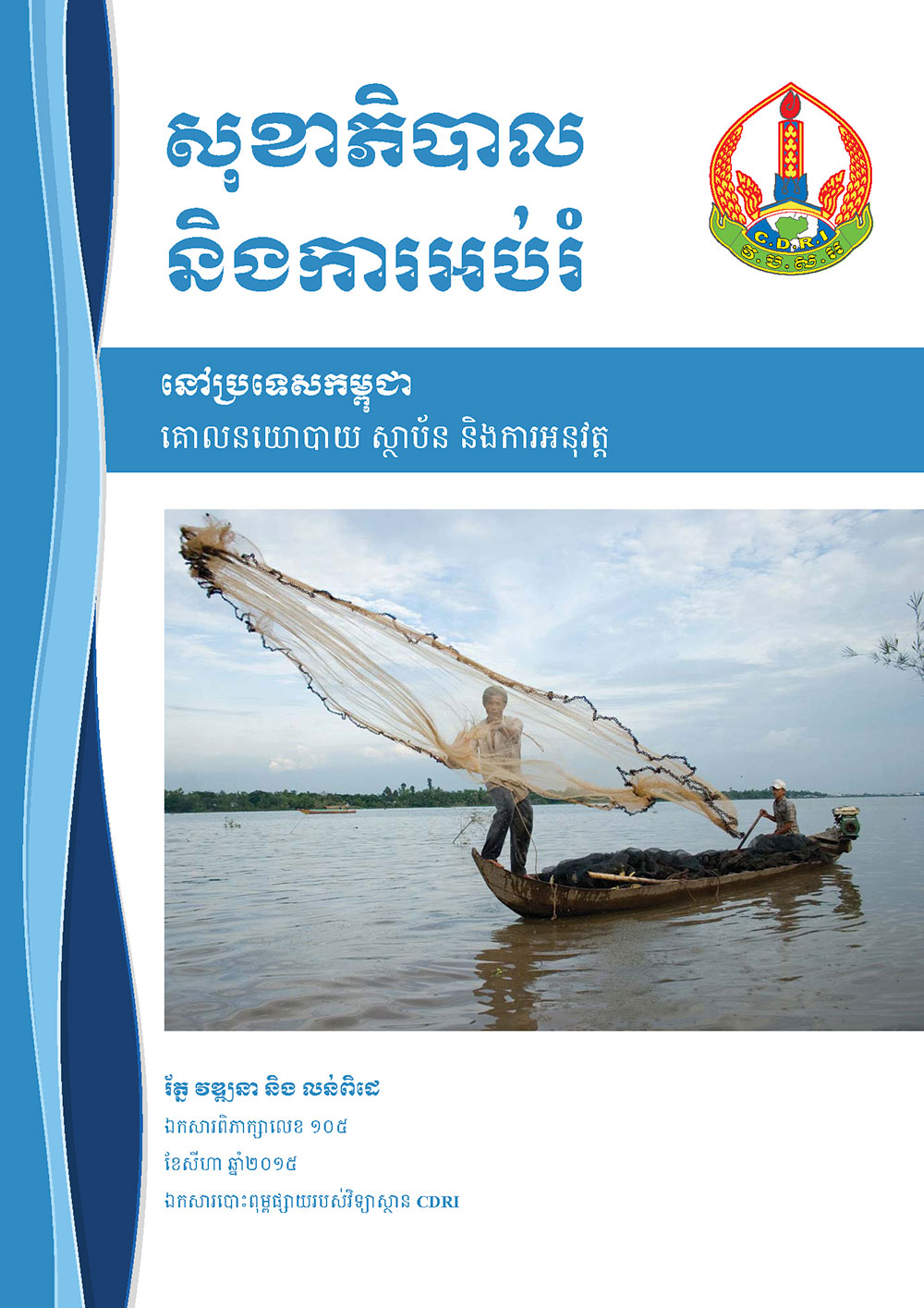LY Tem
2016
Leadership Pathways for Local Women: Case Studies of Three Communes in Cambodia
Women’s leadership is necessary for Cambodia’s sustained development. Their involvement in leadership roles in the public sphere and politics is crucial and has been shown to impact positively on poverty reduction. Governments, NGOs and international organisations have been increasingly aware that sustainable development is significantly linked to gender equality and women’s empowerment, key factors in ending extreme poverty. It is only logical then that Cambodia should pay greater attention to developing future generations of women for leadership, especially at the […]


